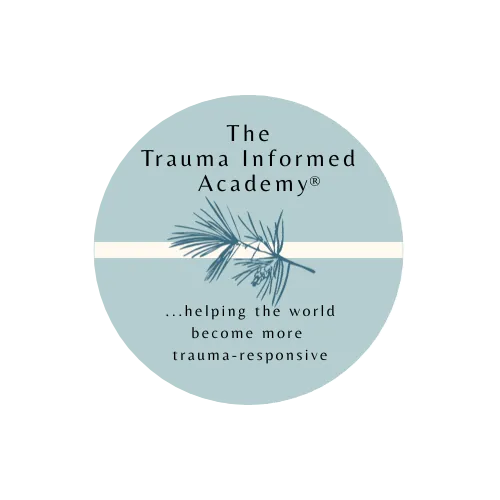

The impact of trauma on the workplace
This isn’t about traumatic events (like workplace violence) that happen in the workplace. This is about what people bring with them to the workplace.
There’s a lot of information readily available: lifetime costs of child abuse and neglect (grossly low because the reports can only use founded cases), costs of absenteeism, bullying, lower productivity (remember to consider the workloads assigned--are they realistic? torturous?), toxic workplaces… and much much more. What about the costs to the workplace of natural disasters? Crimes like shrinkage, sexual assault, and harassment in the workplace? Or that are layered on top of personal histories?
Staff bring these and more to their work. Call centers are a great example. One that I worked for in the Talent Development department served a bank that was heavily impacted by the 9/11 attacks. We handled HR-related calls like crises in the bank--and no, we did not train for handling mass disasters or terrorist attacks.
The workers who brought a history of trauma with them? Even though they may have developed compensatory skills, this was over the top: taking calls from the Twin Towers as people faced death, and from others who wanted to leave loved ones a last message via the call center.
Seriously, they all left and took this with them to the next call center. The struggles likely meant they were less successful in the next job. Like divorce or harassment, they saw their work life and career downgrade as a result of what happened. Of the few I stay in touch with, the experience is a stain on their hearts that shows up at work (and everywhere else).
It’s not a cure-all, our work. Helping people develop more resilience and sturdiness can help. Helping people improve their emotional intelligence through a trauma-responsive lens helps. It makes counseling easier and can make healing faster.
Our work is a balm that helps people heal, and that supports reducing the costs of trauma in the workplace.



Email our Admin:
©Copyright 2025 EPower & Associates, Inc. All Rights Reserved.
Privacy Policy | Terms of Use
Featured On...


